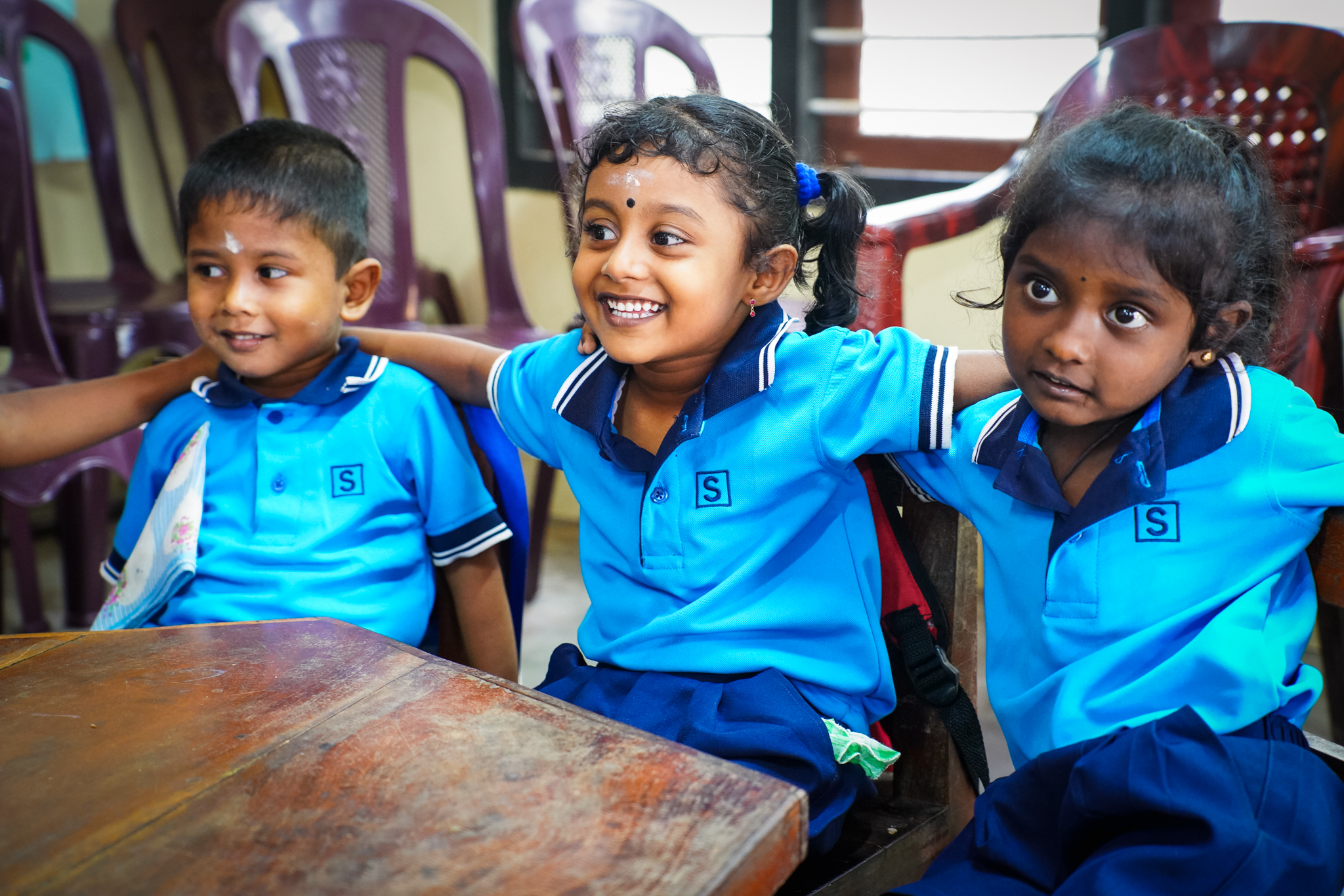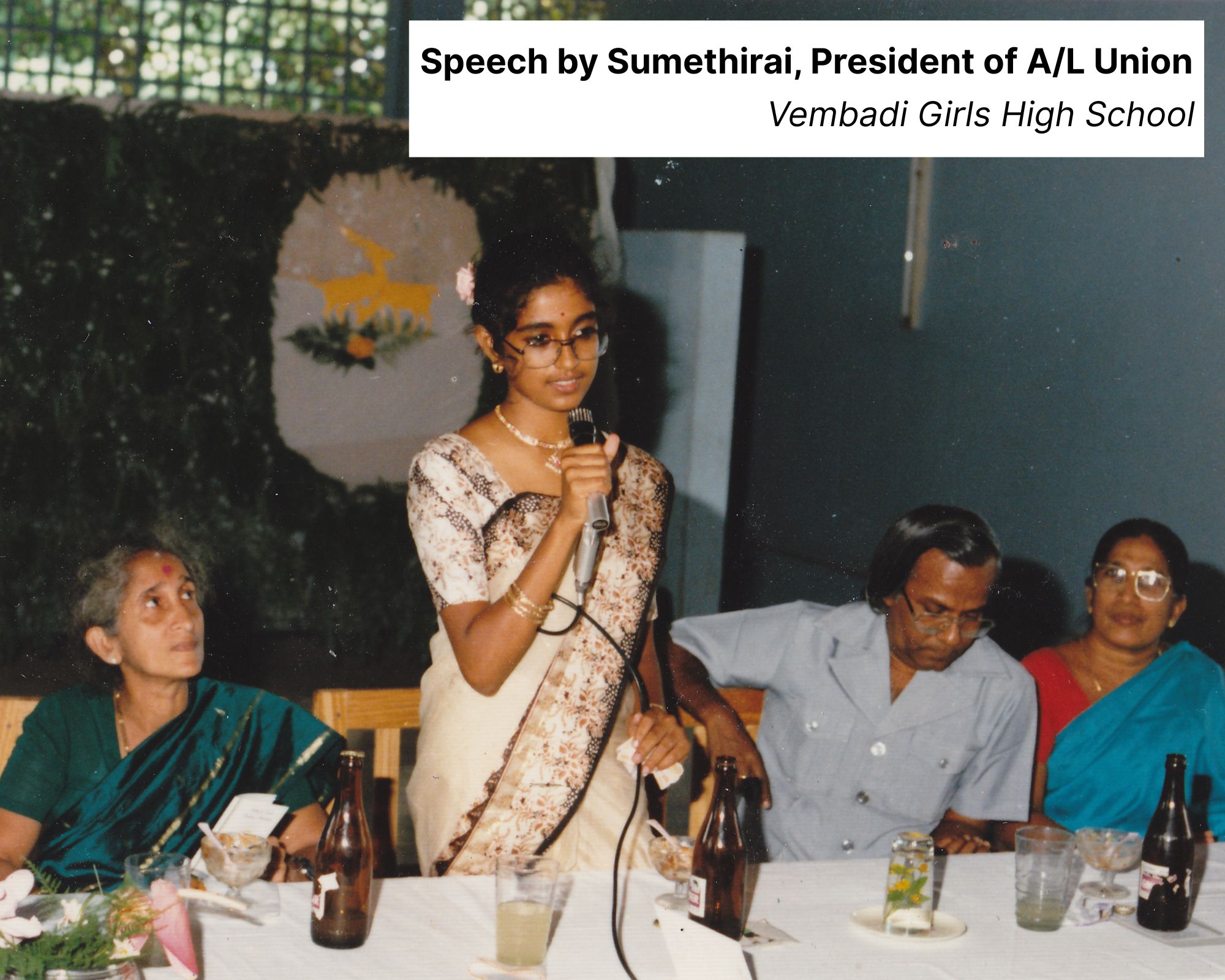Early childhood education is a building block for a successful future. It helps children develop essential life skills such as communication, problem-solving, and social interaction. In a vibrant country like Sri Lanka, particularly within Tamil communities, providing young children the right start can shape their journey through life and open doors to countless opportunities. However, Tamil children in under-resourced areas often face unique challenges that need urgent attention.
Lack of Access to Quality Education
One major challenge in Tamil-majority regions of Sri Lanka is the lack of access to quality educational facilities, especially in rural and post-conflict areas. Many Tamil children grow up in villages where schools are scarce, and traveling long distances to reach one can be difficult.
For example, imagine a young child living in a remote village. The nearest school might be several miles away, and without reliable transportation, attending class every day becomes almost impossible. This scenario results in missed learning opportunities and gaps in education.
To address this problem, innovative solutions like mobile schools and community learning centers can be introduced. Mobile schools travel to different communities, bringing education directly to the children. These schools are equipped with learning materials and skilled educators who provide lessons in various subjects. Community learning centers, established in local neighborhoods, can serve as hubs for educational activities, allowing children to receive lessons and engage in creative learning experiences close to home (UNICEF, 2023).
Inadequate Teaching Resources
Another significant challenge faced by early childhood education in Sri Lanka is the shortage of teaching resources and trained educators. In many regions, schools lack basic educational materials like books, visual aids, and interactive tools that stimulate learning. This shortage makes it difficult for teachers to deliver engaging lessons and for students to grasp concepts effectively.
Moreover, the lack of trained teachers is a pressing issue. Without proper training, educators might struggle to manage classrooms or employ innovative teaching methods that cater to diverse learning needs. This can lead to a less enriching educational experience for the children.
To tackle this, forming partnerships with NGOs can help supply educational materials and resources to these underserved areas. Organizations such as Save the Children actively support the development of quality early education programs across the island (Save the Children, 2023). Additionally, establishing teacher training programs is crucial. Providing educators with workshops and ongoing professional development helps ensure that they are equipped to deliver effective and engaging lessons.
Economic Barriers
Economic challenges also play a significant role in limiting access to education in Sri Lanka.
For Tamil families living in poverty, the cost of early childhood education—especially in underserved areas—can be a major hurdle. Tamil charity initiatives that provide financial support, free educational kits, or transport subsidies can make a life-changing difference for children in these communities.
Community support programs can offer a way to alleviate some of these financial burdens. By creating sponsorship programs, communities can ensure that every child has access to necessary school supplies and transportation. Local businesses and individuals can contribute resources or funds to support these sponsorships, making education more accessible to those in need.
Additionally, establishing scholarship programs can help children from low-income families pursue their education without financial worries. These programs not only cover educational expenses but also motivate children to excel in their studies (World Bank, 2021).
Cultural and Social Factors
Cultural beliefs and social structures can also impact early childhood education in Sri Lanka, particularly for girls. In some communities, traditional gender roles may discourage girls from pursuing education, seeing it as unnecessary beyond basic literacy.
However, changing these perceptions is possible through community involvement and awareness campaigns. Engaging influential local leaders and parents in discussions about the value of education for all children, regardless of gender, can create a ripple effect. When communities see the long-term benefits of education—such as better job opportunities and improved quality of life—they are more likely to support educational initiatives.
Local groups can organize workshops and seminars to highlight success stories of educated girls who have gone on to achieve great things, inspiring more families to embrace the idea of education for girls.
Health and Nutrition
Health and nutrition are closely linked to learning abilities in children. In Sri Lanka, common health issues can negatively affect children’s educational experiences and outcomes. Poor nutrition can lead to cognitive impairments, making it harder for children to concentrate and perform well in school.
To combat these issues, implementing school feeding programs can ensure that children receive the necessary nutrients for optimal development. Health education initiatives can also raise awareness about the importance of nutrition and hygiene, fostering healthier habits among children and their families.
Ensuring a Brighter Future
Addressing these challenges requires a collective effort from communities, educators, and Tamil charity organizations dedicated to improving early childhood education across Sri Lanka. With targeted support and collaboration, Tamil children can thrive in classrooms designed for their success.
Focusing on enhancing access, resources, and cultural understanding ensures comprehensive growth for young learners. As educational opportunities increase, so does the potential for positive change in future generations. This transformation helps build a society where every child has an equal chance to learn, grow, and succeed.
Sumi Foundation is committed to shaping a better tomorrow for children in Sri Lanka. If you’re passionate about making a difference and enhancing Tamil early childhood education in Sri Lanka or want to contribute to a trusted Tamil charity helping children thrive, explore opportunities with us to become part of this transformative journey.


